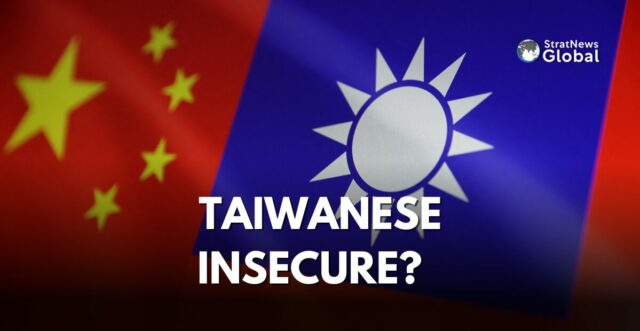Rising Concerns Over Safety
Foreign companies are evaluating the safety of their Taiwanese employees in China after Beijing announced it could impose the death penalty on “diehard” Taiwan independence separatists. This development has caused anxiety among Taiwanese expatriates and foreign multinationals operating in China. According to four sources, including a lawyer and two executives, companies are now assessing their legal risks and exposure.
James Zimmerman, a Beijing-based partner at Perkins Coie law firm, confirmed that several companies are seeking advice on this matter. While he did not disclose specific companies or industries, he mentioned concerns about potential grey areas, such as social media posts or voting behaviours that could be interpreted as pro-independence activities.
Taiwan’s Workforce in China
As of 2022, about 177,000 Taiwanese were working in China, based on Taiwan government data. Taiwanese staff are valuable to many multinationals in China due to their language skills and cultural familiarity. Taiwan’s firms have also invested over $200 billion in China since 1991, contributing significantly to China’s economic growth.
Some foreign corporations in China have held safety meetings with employees. Certain Taiwanese staff have been given the option to leave the country, with some accepting. The potential risk has prompted Taiwan’s Mainland Affairs Council to remind Taiwanese businesspeople and employees in China to be vigilant about their safety.
New Beijing Guidelines
The guidelines, announced on June 21, criminalise activities such as promoting Taiwan’s entry into international organisations where statehood is a condition, engaging in external official exchanges, and suppressing entities promoting “reunification.” Legal experts warn that the broad phrasing allows Beijing significant interpretive leeway.
For “ringleaders” or those committing serious offences, the guidelines suggest that particularly severe cases could result in the death penalty. The specifics of who might be subject to this penalty are not detailed.
China’s foreign ministry defended the guidelines, stating that they target only an “extreme minority” of diehard separatists and do not affect the majority of Taiwanese compatriots. However, Taiwan’s Mainland Affairs Council has advised against non-essential travel to China, Hong Kong, and Macau due to the increased risks.
Business Impact
The new guidelines add to the existing uncertainties of doing business in China, compounded by other measures like the anti-espionage law and Hong Kong’s national security law. A senior executive working with Taiwan investors in China reported heightened concern among his contacts following the announcement. Regular risk assessments and meetings are ongoing to decide whether to withdraw Taiwanese employees from China.
Wen-Ti Sung, a fellow at the Atlantic Council’s Global China Hub, suggested that the guidelines might force foreign companies to either move operations out of China or stop hiring Taiwanese talent. This situation could further strain Beijing’s efforts to win over Taiwanese hearts and minds.
With Inputs from Reuters
















